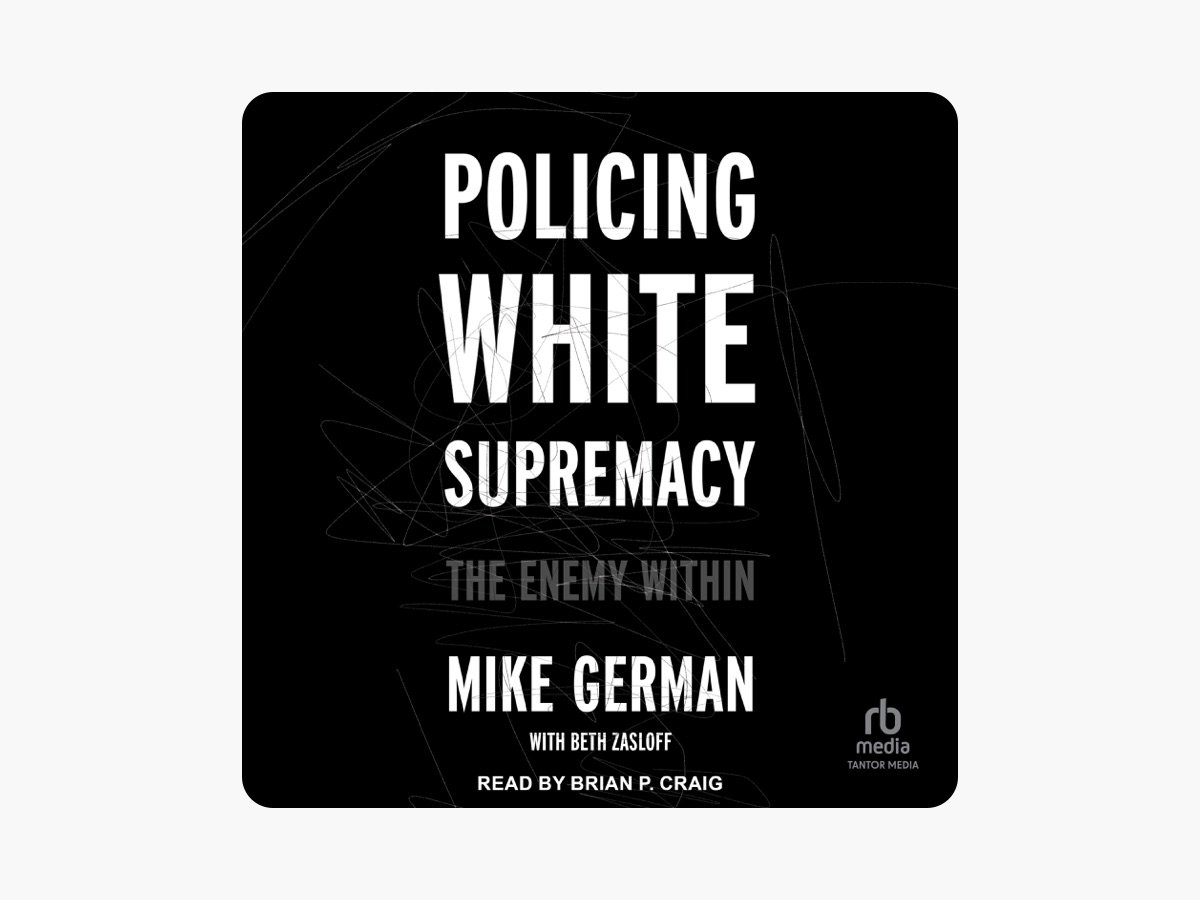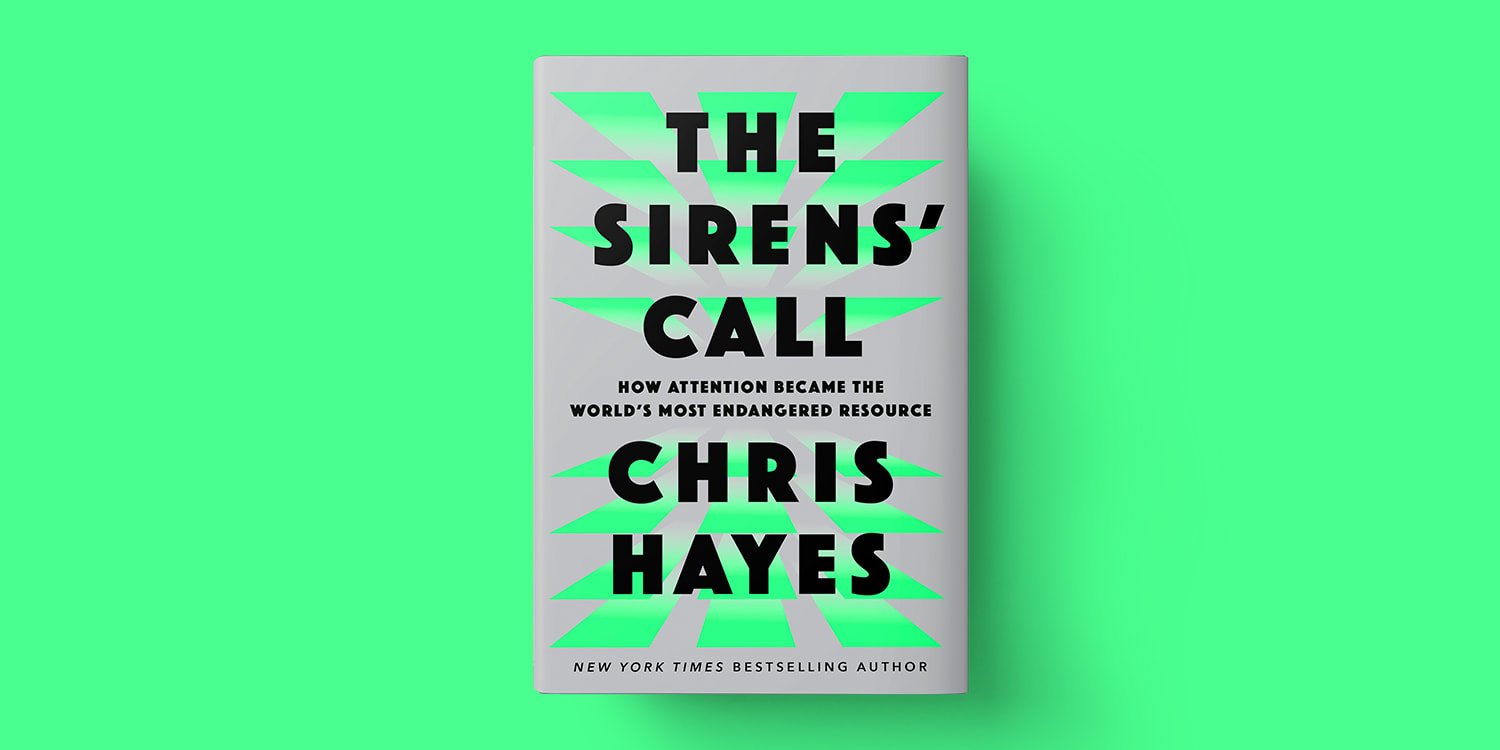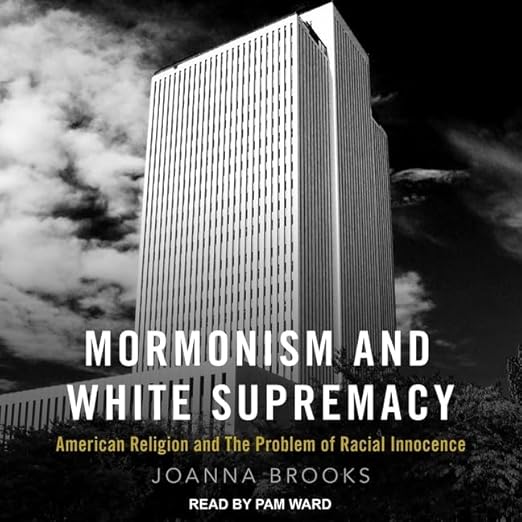About This Lesson
ESSENTIAL QUESTION:
HOW DOES THE CONSTITUTION PROTECT LEAKERS & WHISTLEBLOWERS?
Objectives:
SWBAT analyze, evaluate, source and annotate excerpted secondary source text on the topic of constitutional protections afforded to leakers and whistleblowers with emphasis on building evidence-based reasoning skills necessary for the New York State American History Regents
Citations:
Warmup Video (4:02 mins) “Leaking &Whistleblowing”
“Sessions Unveiling Leakers Crackdown on Heels of Transcript Bombshell”
Your Digital Life (3:40 mins) – Posting Online and Reputation Management
http://www.commonsense.org/node/4141246
Klimburg, Alexander (2017) The Darkening Web: The War for Cyberspace. New York: Penguin Press (Pgs. 357-366)













